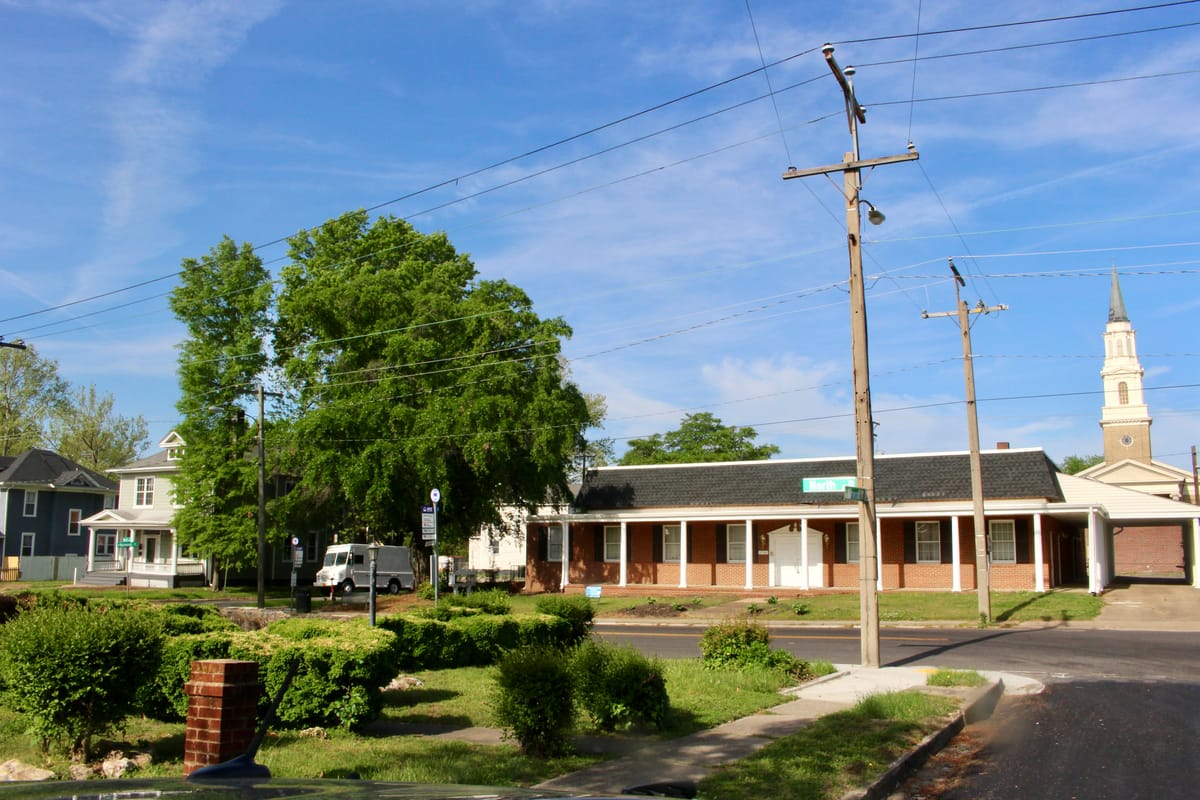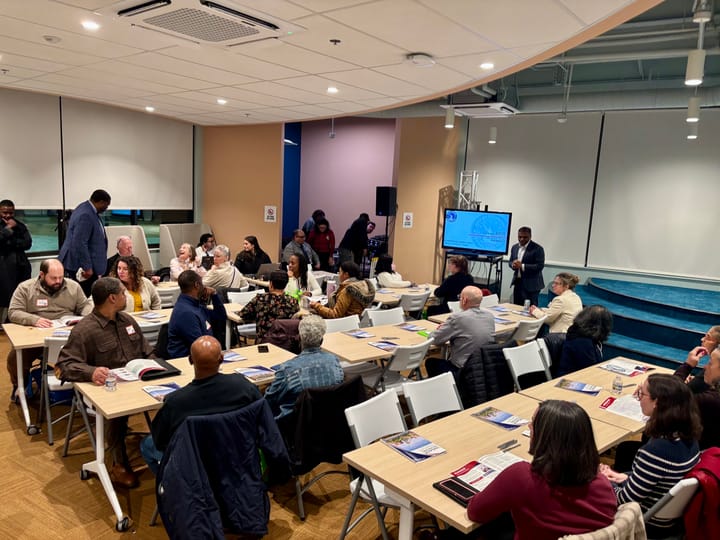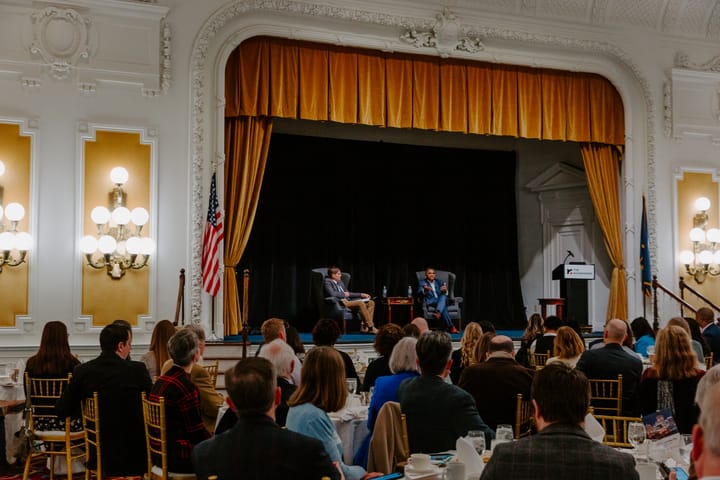
Council rejects proposal for locked addiction rehab facility in North Side
A proposal to revamp a former funeral home on North Avenue in Barton Heights into a locked addiction rehab facility for up to 25 men is dead after City Council unanimously voted it down Monday evening.
The decision followed a recommendation by the Planning Commission earlier this month for officials to reject the plan from addiction recovery provider HYPE Counseling.
Richmond Planning Director Kevin Vonck said city staff had concluded the proposals “as currently presented are not enough to satisfy negative impacts in terms of health, safety and welfare.”
HYPE, which has been operating recovery facilities throughout Richmond for 17 years, had planned to repurpose the former McClenny & Watkins funeral home at 2700 North Ave. and 2701 Garland Ave. into the locked rehab facility as well as associated outpatient offices. Patients would have an average stay of 30 days and would be required to remain onsite for the entire period, although HYPE Counseling CEO Kenneth Anderson noted the organization could not keep anyone there against their will.
The locked nature of the facility and HYPE’s security plans sparked numerous concerns from neighbors, who said the proposal was at odds with the residential nature of the surrounding Barton Heights and Battery Park communities and argued the area is already home to more than a dozen other recovery residences.
“We already have enough of this in our backyard,” said Michele Brown-Harris, a resident of Garland Avenue, on Monday night. “We’re saturated with this in the 3rd District of Northside and particularly in Battery Park.”
Former School Board member and 2nd District resident Mariah White complained there is too little community input when it comes to the siting of recovery residences around the city.
“They are coming up everywhere in Richmond. … There should be somewhere where the City Council and the state works together to notify the community of what they are actually rehabilitating,” she said.
Only one person spoke in support of the idea: Rachel Hefner, a social worker who also works with Virginia Organizing, called the comments made opposing the proposal “incredibly disturbing” and “disgusting.”
“People need a safe space to be able to rehabilitate no matter what they’re dealing with,” she said. “And I would love to have them as my neighbors if the opportunity exists.”
But Councilor Kenya Gibson, who represents the area where the facility would have been located, argued that the locked nature of the facility was one of the factors that made it inappropriate for a predominantly residential neighborhood. That design “is very different from the way a halfway home works, where being a part of a community is core to the success of that entity,” she said.
HYPE CEO Shiloh Jones called the rejection “a devastating loss in the larger fight against the addiction epidemic.”
“This is something we should embrace, not resist,” he said in a statement. “The problem already exists in our neighborhoods, beyond anyone’s control. The only proactive and effective response is to place real solutions close to where the problems are. That’s how change happens.”
Jones previously told The Richmonder he was considering whether the facility could be sited elsewhere in the city. Currently the city’s zoning code allows facilities of the type HYPE proposed in 10 zoning districts by right.
Contact Reporter Sarah Vogelsong at svogelsong@richmonder.org






